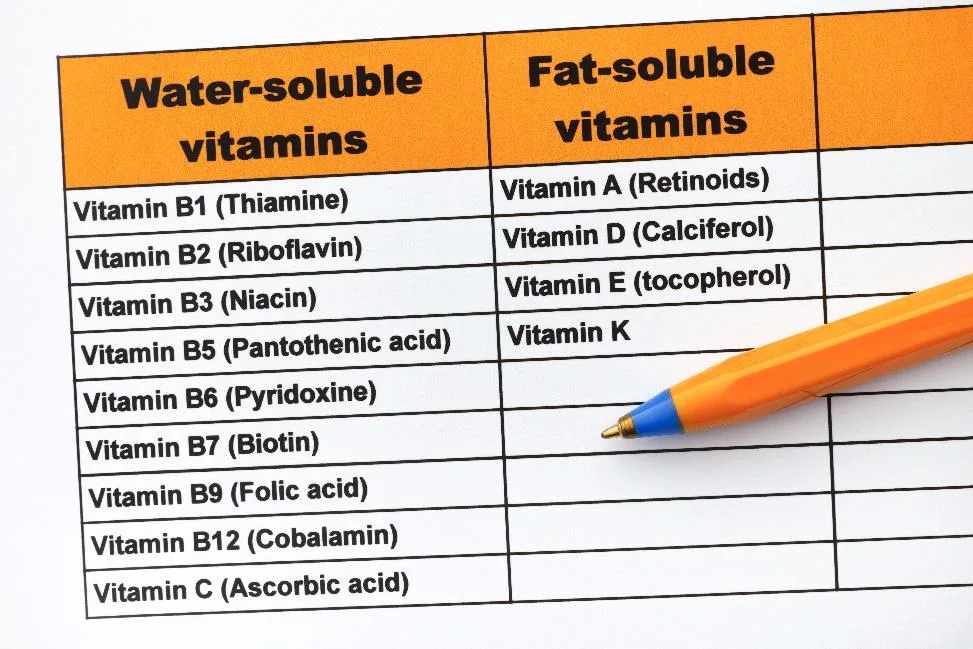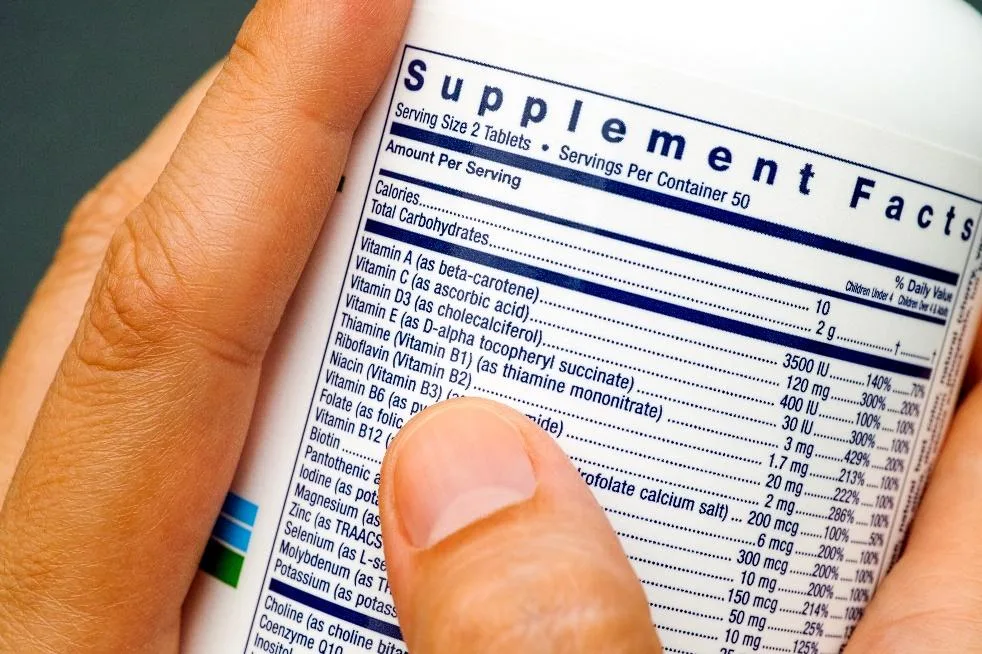As we enter another year of the pandemic, health is a priority now more than ever. Instead of the proverbial ‘apple a day to keep the doctor away’, many have shifted to taking multivitamins to maintain health. People see supplements and vitamins as health in a pill. In reality, for most people, a varied diet provides enough vitamins and antioxidants to meet daily needs. Supplements are most effective when the person in question has a nutritional deficiency.

When supplements are taken by a healthy person, the body has a system of well-functioning checks and balances, much like a very strict immigration policy. The body only accepts the nutrients it needs and is able to release any excess. This also depends on the type of vitamin being taken. For water soluble vitamins, or those that dissolve in water, this process is simple. If too much is taken, the body removes what isn’t needed, usually in the urine. Fat soluble vitamins, or those that do not dissolve in water, are managed differently. The body stores the excess in fat tissues. The concern here is the risk for too much of that vitamin stored in the body over time. Vitamins A, D, E, and K are fat soluble. Vitamins B and C are water soluble.

With supplementation, one must also consider whether more is truly better. While we are often worried about nutritional deficiencies, we should also be aware of potential danger from over supplementation. In some cases, like with the water-soluble Vitamin C, higher doses have been shown to help immune cells in the body fight off infection, at no great risk to healthy individuals with healthy kidneys. Folic acid supplements are especially helpful during pregnancy. Some vitamins and minerals in excess can cause unwanted effects. Vitamin E, for example, can cause blood thinning and supplementing with this should be discussed with a doctor before any surgical procedures. Zinc can affect how other medications are absorbed, and if taken for long periods of time, can affect how the body absorbs copper, leading to copper deficiency. Review the labels on the back of the bottle—how much are you taking in reference to the recommended daily allowance? Some supplements provide a thousand-fold more than humans need in a single day. Keep in mind that supplements are not as well-regulated by overseeing agencies (for example, the Food and Drug Association) as medications are, so make sure any supplements taken are from trustworthy brands.
As with all things, moderation is key. Understand that deficiency and excess are both disease states. Health is all about balance. Vitamins in the right dose are certainly good for us, and we should try to obtain these from the food we eat. Antioxidants taken through a healthy diet have consistently led to positive results in human research, whereas antioxidants taken through supplementation have not. Fruits and vegetables are naturally loaded with antioxidants and packaged in a way that promotes optimal absorption by the body. Sometimes, the best answer is the simplest one. Eat healthy to be healthy.




